What is the main goal of GHG reporting?
Once GHG emissions have been calculated, reporting and complying with the appropriate standards is straightforward. Greenhouse gas (GHG) reporting involves documenting the amount of greenhouse gases from diverse sources and activities.
The main goal of GHG reporting is to provide accurate and transparent information about the amount of GHGs emitted by organizations, facilities, or activities. This reporting serves business decision-making strategies.
How does it work?
GHG Protocol
Developed by the World Resources Institute (WRI) and the World Business Council for Sustainable Development (WBCSD), the GHG Protocol provides comprehensive guidance and standards for calculating and reporting GHG emissions. It includes both corporate accounting (Scope 1, 2, and 3 emissions) and project accounting.
ISO 14064
This international standard provides guidelines for the quantification and reporting of GHG emissions and removals. It consists of three parts:
Part 1 covers principles and requirements for quantification and reporting.
Part 2 covers projects.
Part 3 covers validation and verification.
Carbon Disclosure Project (CDP)
CDP is a global non-profit organization that runs a disclosure system for investors, companies, cities, states, and regions to manage their environmental impacts. It provides a platform for companies to disclose their environmental data, including GHG emissions.
Sector-specific Tools
Various industries and sectors may use specific tools tailored to their operations. For example, the Oil and Gas sector might use the Oil and Gas Climate Initiative (OGCI) framework, while the Forest sector might use tools developed by the Forest Stewardship Council (FSC) or other forestry-specific standards.
Software Solutions
Many organizations use specialized GHG accounting software to streamline data collection, calculation, and reporting processes. Examples include Enablon, Greenhouse Gas Protocol’s Calculation Tools, and various enterprise sustainability management (ESM) software platforms.
Why is GHG reporting important?
Greenhouse gas (GHG) reporting holds significant importance as it provides transparency crucial for stakeholders, including governments, investors, consumers, and the public, to comprehend an entity’s environmental footprint and ensure accountability for its emissions. Transparent GHG reporting serves to enhance investor confidence by demonstrating a firm’s dedication to sustainability and responsible environmental management.
From a corporate perspective, GHG reporting plays a pivotal role in supporting strategic decision-making related to sustainability and operational efficiency. It enables businesses to pinpoint emissions hotspots, set ambitious reduction targets, improve energy efficiency, and bolster overall environmental performance.
Return On Investment
Here are some key returns on investment associated with GHG reporting:
Operational Efficiency &
Cost Savings
Implementing GHG reporting can provide insights into energy use and emissions across an organization.
Regulatory Compliance
Many jurisdictions mandate GHG reporting for certain industries or above a certain emissions threshold.
Risk Management
Publicly disclosing GHG emissions and efforts to reduce them can enhance an organization’s reputation, especially in industries where sustainability is a key concern for stakeholders (e.g., consumers, investors, regulators).
Strategic Decision-Making
GHG reporting enables organizations to set emissions reduction targets, track progress against those targets, and benchmark performance against industry peers.
Access to Capital
Investors and lenders are increasingly considering environmental performance, including GHG emissions, when making investment decisions. Companies with transparent and favorable GHG reporting may find it easier to attract investment or secure favorable financing terms.
Employee Engagement and Productivity
Engaging employees in sustainability initiatives, including GHG reporting, can boost morale, attract and retain talent, and improve overall productivity.
Frequently Asked Questions
Who needs to report GHG emissions?
Reporting requirements vary by jurisdiction and industry. Generally, large organizations, industries with significant emissions, and those subject to regulatory mandates must report GHG emissions. Check local regulations and industry guidelines for specific requirements.
What company resources are required to measure our footprint?
ZenithNet-Zero’s turn-key solution ensures company resources required are minimal. On average, manpower required by our clients is less than 4 hours, used to supply data required to begin GHG measuring and developing your GHG inventory. The supplied data is typically in the form of receipts for electricity, natural gas, as well as other key performance indicators.
What are Scope 1, 2 & 3 emissions?
Scope 1, Scope 2, and Scope 3 emissions are categories used to classify and account for greenhouse gas emissions associated with an organization’s activities. These categories are defined by the Greenhouse Gas Protocol, a widely accepted international accounting standard for greenhouse gas emissions. The three scopes help organizations categorize and manage emissions in a comprehensive way.
- Scope 1: Direct emissions from owned or controlled sources, such as emissions from fuel combustion in company-owned vehicles and facilities.
- Scope 2: Indirect emissions from the generation of purchased electricity, steam, heating, and cooling consumed by the organization.
- Scope 3: Indirect emissions that occur in the organization’s value chain, including both upstream and downstream activities such as purchased goods and services, business travel, employee commuting, and waste disposal.
What are the international standards or frameworks for Greenhouse Gas Accounting?
Some widely recognized standards and frameworks for GHG accounting include:
- Greenhouse Gas Protocol (GHG Protocol): Developed by the World Resources Institute (WRI) and the World Business Council for Sustainable Development (WBCSD), providing comprehensive guidance on GHG accounting and reporting.
- ISO 14064: Part of the International Organization for Standardization (ISO) series on environmental management, specifying principles and requirements for GHG inventories and verification.
- Carbon Disclosure Project (CDP): An international organization that runs a global disclosure system for investors, companies, cities, states, and regions to manage their environmental impacts.



